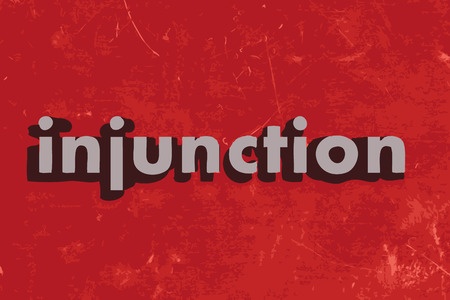Regulator Disregards Choice of Law Provision in Usury Enforcement Action
 Last Thursday, the Attorney General of North Carolina was granted an injunction against Western Sky Financial and CashCall prohibiting them from offering any loans to North Carolina consumers or collecting on any outstanding accounts in that state. The Attorney General argued that the payday loans offered by the defendants violated North Carolina’s usury laws.
Last Thursday, the Attorney General of North Carolina was granted an injunction against Western Sky Financial and CashCall prohibiting them from offering any loans to North Carolina consumers or collecting on any outstanding accounts in that state. The Attorney General argued that the payday loans offered by the defendants violated North Carolina’s usury laws.
The defendants countered that the loan agreements at issue included choice of law provisions that made the law of the Cheyenne River Sioux Tribe the governing law. The defendants argued that the rates charged were permissible under tribal law.
The Superior Court rejected the defendants’ arguments and granted the Attorney General’s request for the injunction. The court reasoned that the Attorney General “was not a party to the Loan Agreements, but instead [wa]s acting as an enforcement arm of the State of North Carolina.” Because the Attorney General was not a party to the agreements, the court found that the Attorney General was not bound by the agreements’ choice of law. Therefore it could enforce North Carolina’s usury laws against the defendants.
In support of its ruling, the court cited BankWest, Inc. v. Oxendine. In that case, the Georgia Court of Appeals held that “[t]he parties to a private contract who admittedly make loans to Georgia residents cannot, by virtue of a choice of law provision, exempt themselves from investigation for potential violations of Georgia’s usury laws.” 462 Mass. 164, 172 (2012).
These cases are concerning for lenders that engage in interstate lending activities because they undermine the use of choice of law provisions as a method of usury law compliance. Choice of law provisions serve dual purposes. By selecting the governing law beforehand, a lender can be more confident that the terms of its loan agreement will be enforceable against a debtor. Additionally, a choice of law provision narrows the number of states that could potentially have an interest in the transaction. This limits the number of laws the lender must comply with.
These decisions, however, cast doubt on a lender’s ability to rely on a choice of law clause when faced with a regulatory enforcement action. This could result in the paradoxical situation where a court permits a lender to enforce a choice of law clause to collect interest on a contract but at the same time allows a state regulator to bring a usury action against the lender based on the exact same contract.
Last modified: April 20, 2019






























